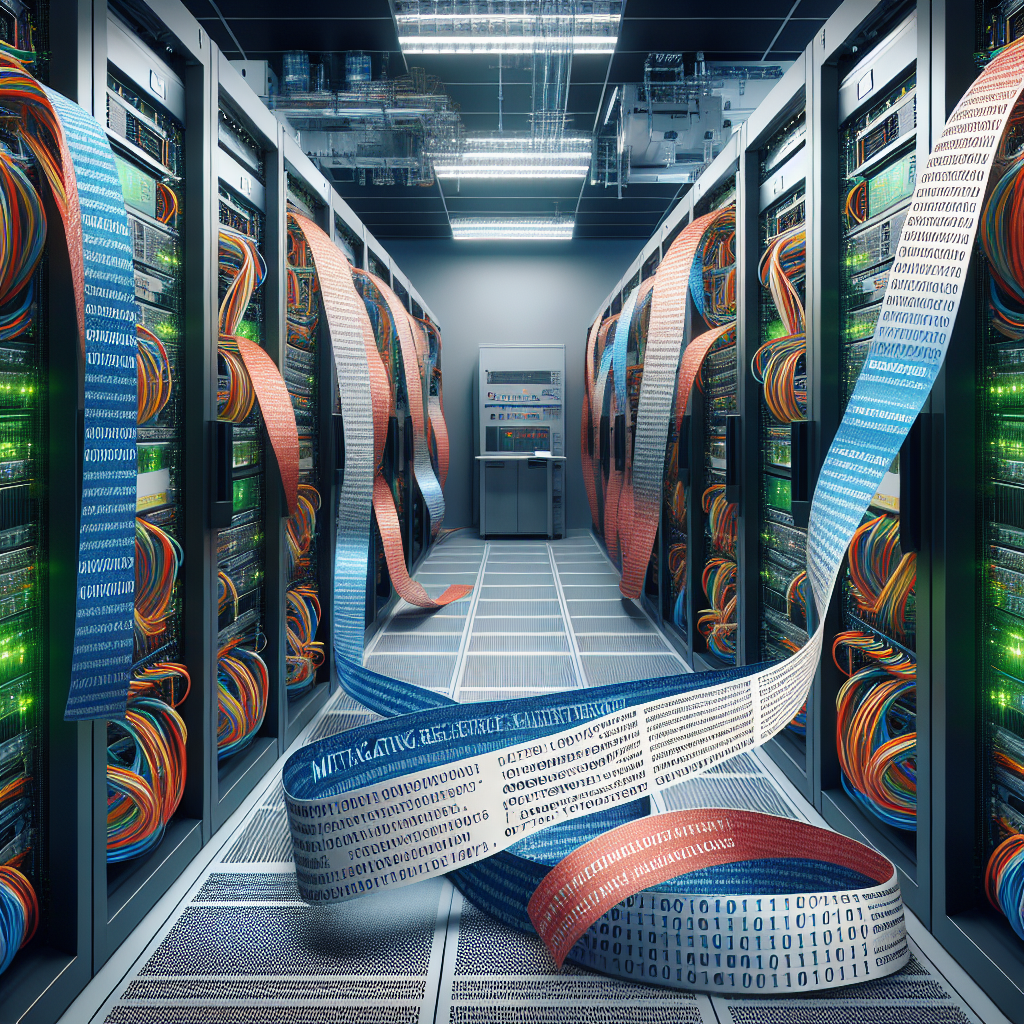Your cart is currently empty!
Mitigating Risks: The Importance of Regular Maintenance for Data Center Fire Suppression Systems

Data centers are the heart of many businesses, housing critical equipment and data that keep operations running smoothly. With the increasing reliance on technology, ensuring the safety and security of data centers has become a top priority for organizations. One key aspect of data center safety is fire suppression systems, which are designed to quickly and effectively extinguish fires to prevent damage to equipment and data.
However, simply having fire suppression systems in place is not enough to guarantee their effectiveness in the event of a fire. Regular maintenance and testing of these systems are essential to ensure they are in proper working order and can effectively mitigate the risks associated with fires in data centers.
One of the main reasons why regular maintenance is crucial for data center fire suppression systems is to ensure they are compliant with industry standards and regulations. Many regulatory bodies, such as the National Fire Protection Association (NFPA) and the Occupational Safety and Health Administration (OSHA), have specific requirements for the maintenance and testing of fire suppression systems to ensure they are functioning properly. Failure to comply with these regulations can result in fines and penalties, as well as increased risks of fires going undetected or not being properly extinguished.
Regular maintenance also helps to identify and address any potential issues with the fire suppression system before they escalate into larger problems. By conducting routine inspections and testing, maintenance technicians can identify any faulty components, leaks, or other issues that may compromise the system’s effectiveness. Addressing these issues promptly can help prevent system failures during a fire emergency and minimize the risk of damage to equipment and data.
Furthermore, regular maintenance can help extend the lifespan of fire suppression systems and ensure they continue to operate efficiently over time. By performing routine cleaning, testing, and maintenance tasks, data center operators can prevent the buildup of dirt, dust, or other contaminants that can hinder the system’s performance. This can help improve the system’s reliability and reduce the likelihood of false alarms or malfunctions during a fire emergency.
In conclusion, regular maintenance of data center fire suppression systems is essential for mitigating the risks associated with fires and ensuring the safety and security of critical equipment and data. By complying with industry regulations, identifying and addressing potential issues, and extending the lifespan of the system, organizations can protect their data centers from the devastating effects of fires. Investing in regular maintenance is a small price to pay for the peace of mind that comes with knowing your data center is well-protected in the event of a fire.

Leave a Reply